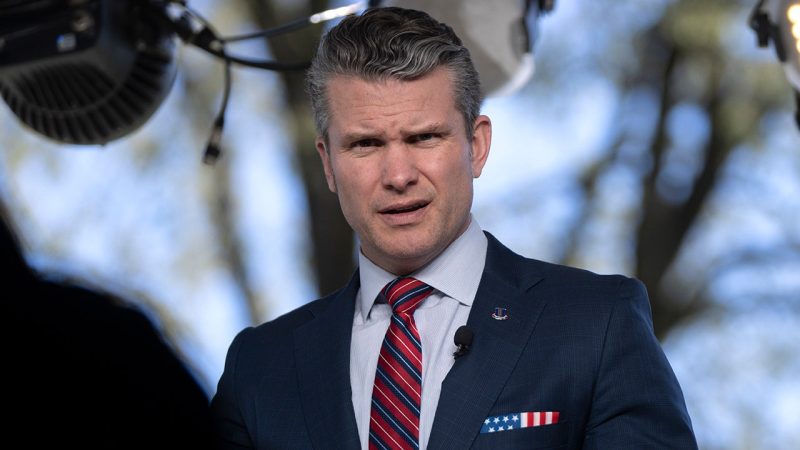
Pentagon press secretary Pete Hegseth announced sweeping new restrictions on media access to the Pentagon, citing concerns over national security. The changes, implemented Friday, significantly limit access for credentialed reporters to most of the Department of Defense headquarters in Arlington, Virginia. Journalists will now require official approval and an escort to enter these areas. This move follows a recent leak investigation and the department’s dismissal of three officials involved.
Hegseth’s memorandum emphasizes the department’s commitment to transparency while highlighting the crucial need to protect classified and sensitive information. He stated that unauthorized disclosure could endanger the lives of US service members. The new rules include the requirement for Pentagon press corps members to sign a form acknowledging responsibility for protecting this sensitive information and the issuance of new, clearly identifiable press badges.
The Pentagon Press Association, representing the press corps, has voiced strong opposition, calling the restrictions a direct attack on press freedom. They argue that access to non-secured, unclassified areas has been granted for decades without incident, under both Republican and Democratic administrations. The association points out that this level of access continued even after the September 11th attacks, raising questions about the necessity of such stringent measures.
Further intensifying the situation, the Pentagon recently evicted legacy news outlets, including prominent names like The New York Times and The Washington Post, from their office spaces, replacing them with outlets generally considered more aligned with the current administration. This move, coupled with the new press restrictions, has sparked concerns regarding potential bias and a chilling effect on investigative journalism related to the Department of Defense.
The administration’s broader approach to information control is also concerning. The use of lie detector tests to investigate leaks within federal agencies, including the threat of dismissal for those refusing to take polygraphs, raises significant questions about due process and the potential for abuse of power. The White House’s statement that leaks will not be tolerated and that those responsible will be held accountable underscores the administration’s firm stance on controlling the narrative.
These recent developments paint a picture of an administration actively working to limit access to information and control the flow of news related to the Department of Defense. The justification of national security is being used to implement changes that many see as a direct attack on press freedom and transparency. Whether these measures are truly necessary for national security or represent a deliberate effort to suppress critical reporting remains a subject of intense debate and scrutiny.










